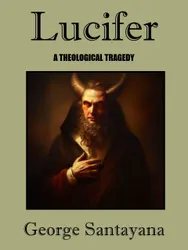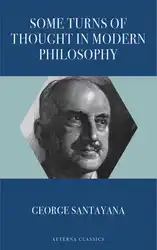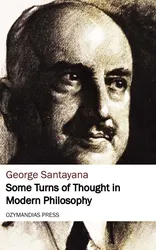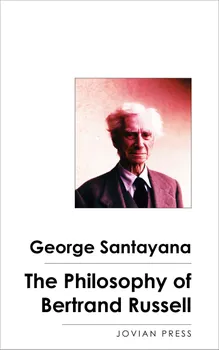In its chase after idols this age has not wholly forgotten the gods, and reason and faith in reason are not left without advocates. Some years ago, at Trinity College, Cambridge, Mr. G.E. Moore began to produce a very deep impression amongst the younger spirits by his powerful and luminous dialectic. Like Socrates, he used all the sharp arts of a disputant in the interests of common sense and of an almost archaic dogmatism. Those who heard him felt how superior his position was, both in rigour and in force, to the prevailing inversions and idealisms. The abuse of psychology, rampant for two hundred years, seemed at last to be detected and challenged; and the impressionistic rhetoric that philosophy was saturated with began to be squeezed out by clear questions, and by a disconcerting demand for literal sincerity. German idealism, when we study it as a product of its own age and country, is a most engaging phenomenon; it is full of afflatus, sweep, and deep searchings of heart; but it is essentially romantic and egotistical, and all in it that is not soliloquy is mere system-making and sophistry...

Lucifer -- A Theological Tragedy
George Santayana
book
Una antología del espíritu
George Santayana
book
Recently Discovered Letters of George Santayana : Cartas recién descubiertas de George Santayana
George Santayana
book
Escepticismo y fe animal : Introducción a un sistema de filosofía
George Santayana
book
Some Turns of Thought in Modern Philosophy
George Santayana
book
Character and Opinion in the United States
George Santayana
book
The Sense of Beauty
George Santayana
book
Some Turns of Thought in Modern Philosophy
George Santayana
book
